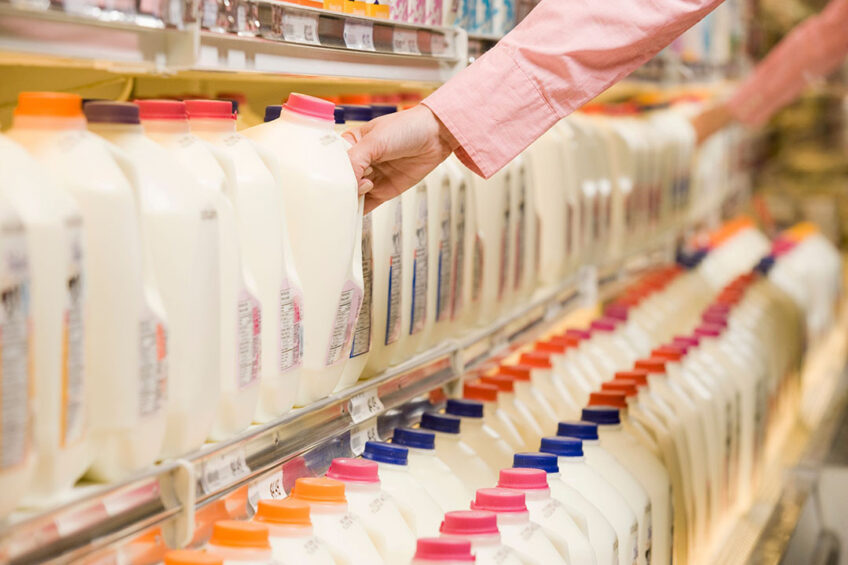Fraud persists in Russian dairy industry

A significant share of products in the Russian dairy market remain falsified, though, in the past few years, this issue has become less pressing, the Russian news outlet Veterinary and Life reported.
As estimation by the Russian Dairy Union in 2022 states that Russia manufactured 700,000 tonnes of yoghurt, 537,000 tonnes of sour cream and 480,000 tonnes of ice cream. A simple calculation shows that the country lacks raw milk to support such a production level, the publication said.
The Russian veterinary body Rosselhoznadzor estimated that 14.37% of dairy products on the Russian dairy market were falsified in 2022, indicating that this figure has been steadily falling over the past several years. In 2018, more than every fifth dairy product on the grocery shelves in the country was considered to be falsified.
“The most often counterfeited products are those considered milk-intensive – cottage cheese, butter, cheese – in which even a partial substitution [of milk fat] in product composition secures big savings, thereby increasing the profits of unscrupulous producers at the expense of quality and safety for consumers,” a spokesperson for the Dairy Union explained.
Switching to cheaper ingredients
In some segments, however, the share of counterfeit products remains rather high. For instance, nearly 18.7% of butter on the Russian market was falsified compared to 31.9% in 2018. The fraud problem primarily concerns dairy products supplied under state contracts to schools, hospitals, kindergartens and other social institutions.
In 2022, 24.2% of dairy products in this sales channel were found to be counterfeit compared when almost every other product was falsified to 2018.
Replacing milk fat
The most common way of falsifying dairy products on the Russian market is replacing milk fat with vegetable or animal fat. Rosselhoznadzor has voiced concerns about increasing import supplies of raw materials commonly used in the falsification of dairy products, for example, from Iran.
On the other hand, the Russian veterinary body said the share of counterfeit products on the market has been shrinking thanks to strengthening control and, in the first place, the introduction of the traceability system.
Ludmila Manitskaya, chairman of the Dairy Union, also praised the traceability system, claiming that there were times in the Russian market when “an endless volume of counterfeit goods” had a major impact on the Russian dairy industry.
Currently, most falsified products in Russia are manufactured under unknown brands, though there are cases when corrupt manufacturers try to copy popular brands, the Veterinary and Life said.






